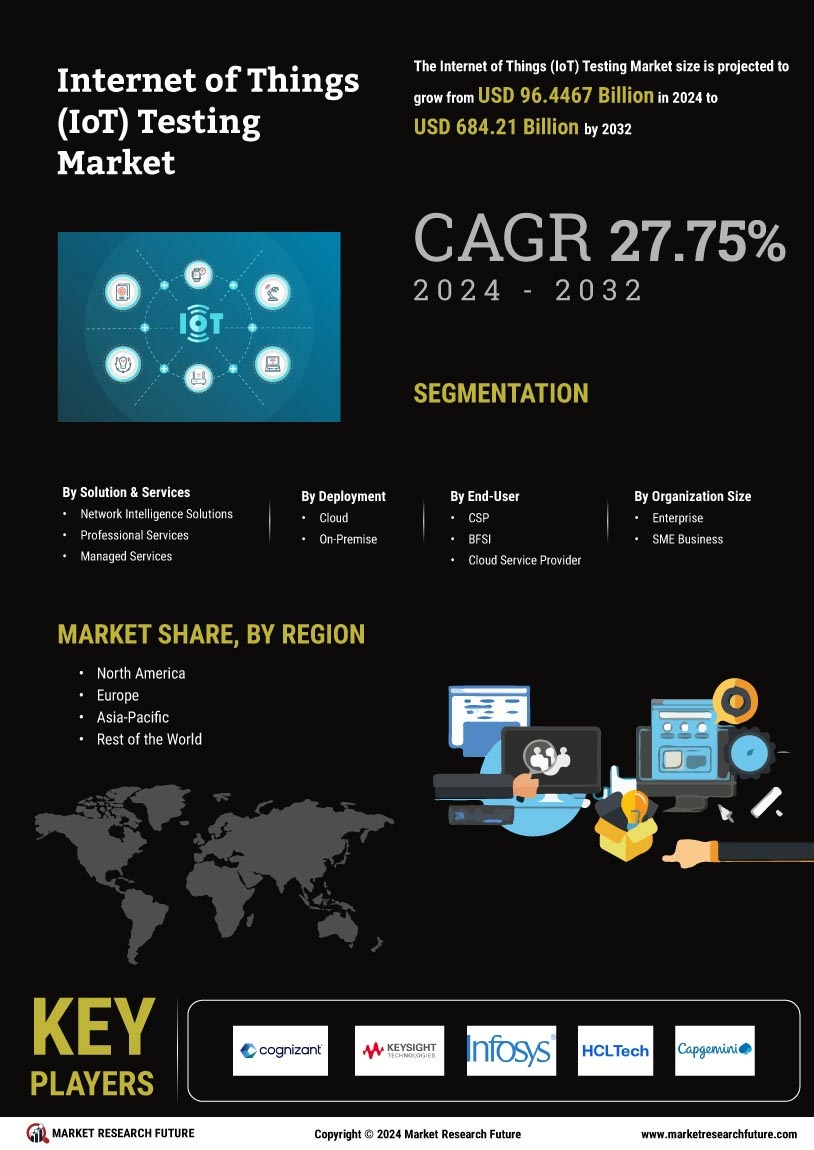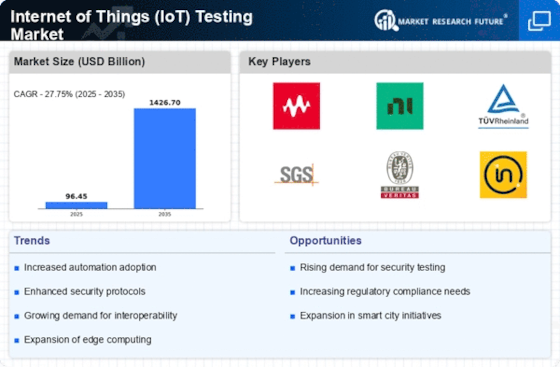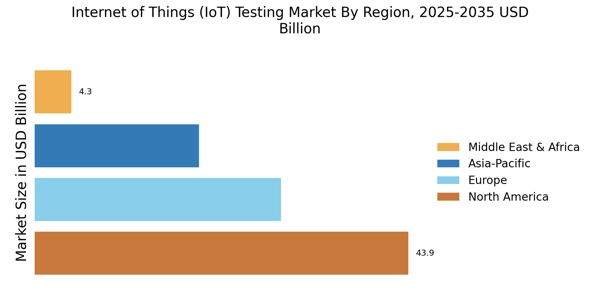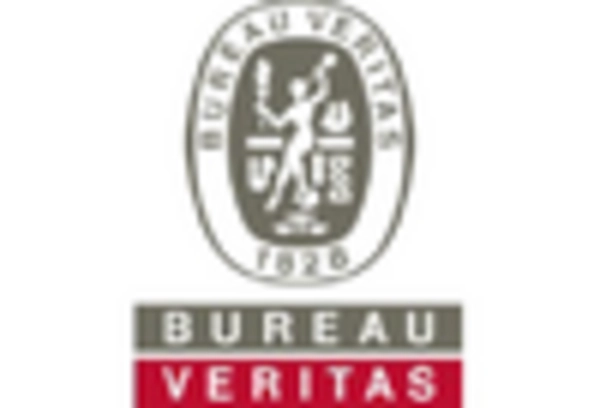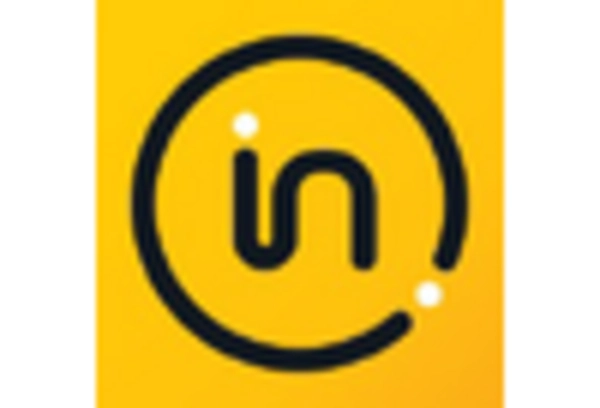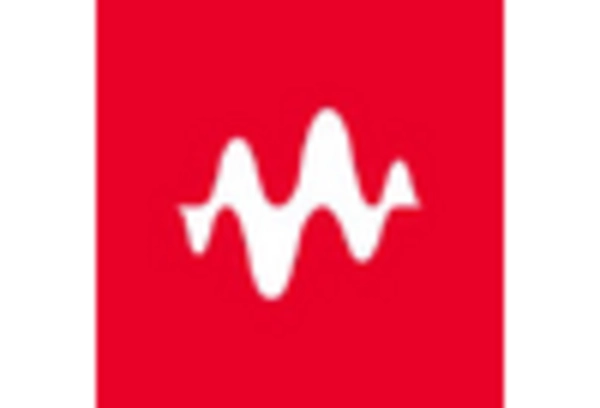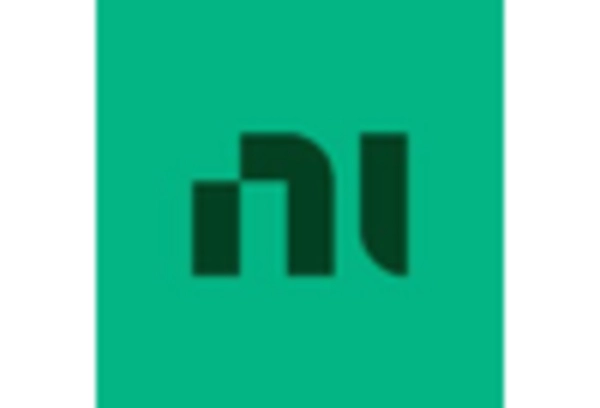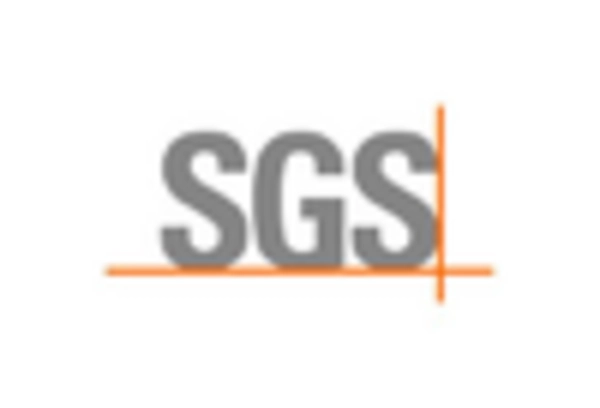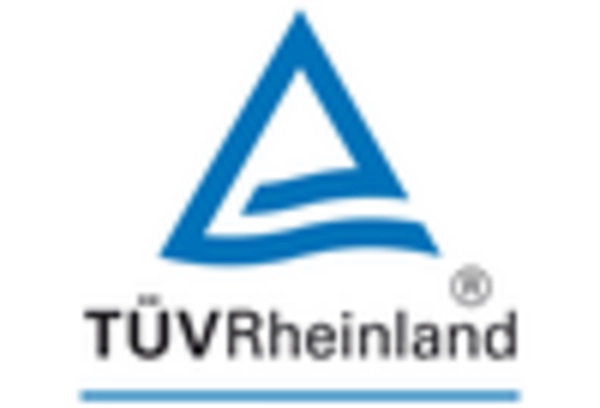Leading market players are investing heavily in research and development in order to expand their product lines, which will help the Internet of Things (IoT) Testing market, grow even more. Additionally, market participants are engaging in a range of strategic initiatives to increase their worldwide reach, with important market developments such as the introduction of new products, contracts, mergers and acquisitions, increased investments, and cooperation with other organizations. To expand and survive in a more competitive and rising market climate, Internet of Things (IoT) Testing industry must offer cost-effective items.
Manufacturing locally to minimize operational costs is one of the key business tactics used by manufacturers in the global Internet of Things (IoT) Testing industry to benefit clients and increase the market sector. In recent years, the Internet of Things (IoT) Testing industry has offered some of the most significant advantages to technological sector. Major players in the Internet of Things (IoT) Testing market, including Infosys (India), HCL Technologies (India), Capgemini (France), TCS (India), Cognizant (U.S.), Keysight Technologies (U.S.), and others, are attempting to increase market demand by investing in research and development operations.
Keysight Technologies is an American firm, also known as Keysight, makes software and hardware for testing and measuring electronic components. The name is a combination of the words key and insight. The business was created as a spin-off from Agilent Technologies, which had acquired and renamed the test, and measurement product lines that Hewlett-Packard's Test & Measurement division had developed and manufactured between the late 1960s and the turn of the millennium. In 2023, to purchase a majority of the voting rights and share capital of the ESI Group, Keysight submitted a legally binding offer to select ESI Group shareholders.
Once finished, Keysight will submit an obligatory tender offer proposal for the ESI Group's remaining outstanding shares. At the conclusion of the offer, if all legal requirements are satisfied, a squeeze-out operation will take place, and the ESI Group will be delisted from Euronext Paris.
Infosys Limited is multinational information technology firm based in India, Business consulting, information technology, and outsourcing services are all offered by Infosys Limited. Bangalore serves as the organization's headquarters; it was established in Pune. According to projected revenue for 2020, Infosys is the second-largest Indian IT company after Tata Consultancy Services.
In June As many as 68 small-cap companies produced double-digit weekly returns over the week, with four of them providing returns of more than 25%.
DCM Shriram Industries, Sterling and Wilson, Arihant Capital, and DB Corp were the next top gainers in the smallcap group, each posting returns of close to 32%.
